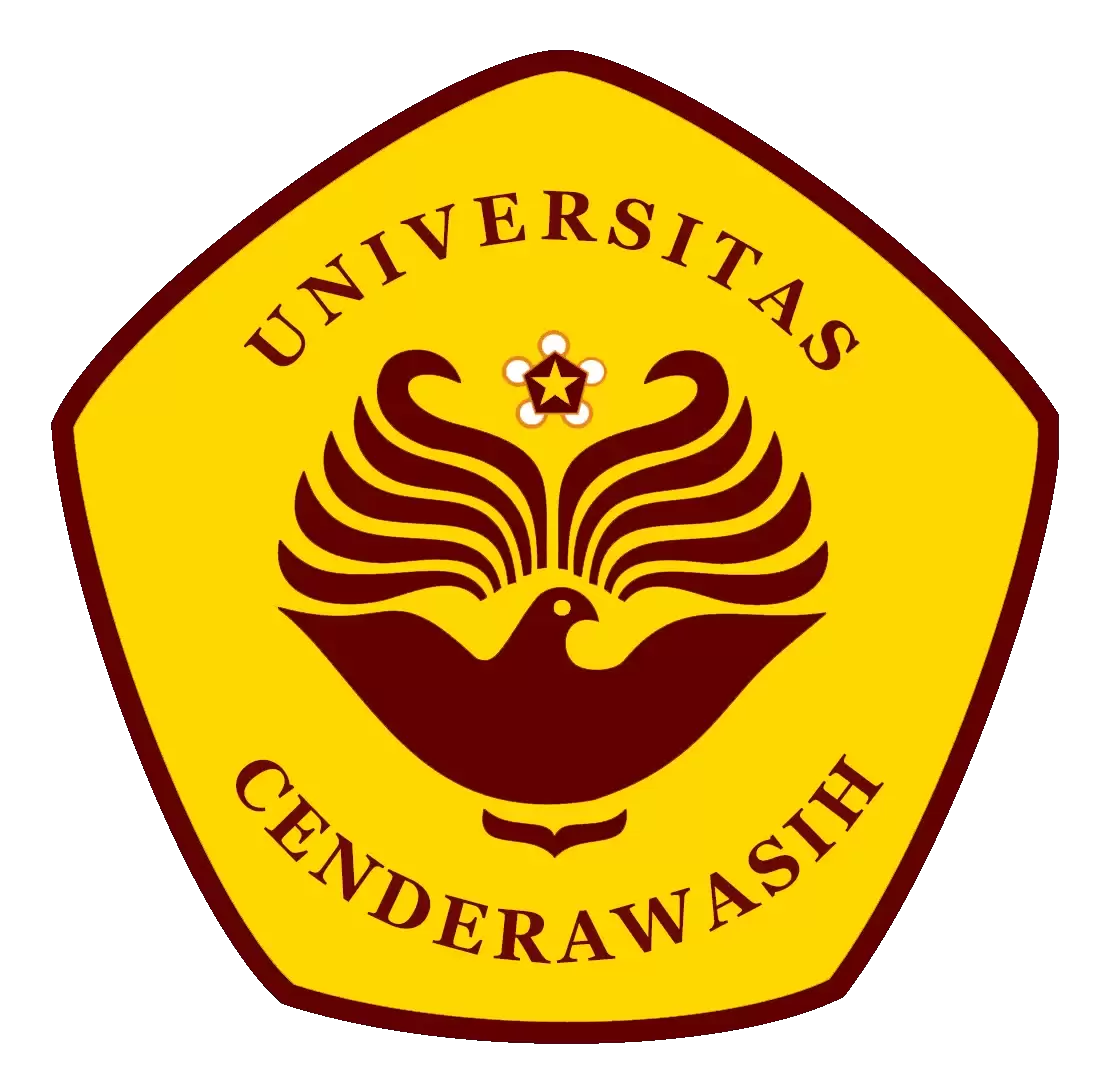Metode Penelitian
Research is a unique activity. It exacts testable insights from researchers and uses rigorous methods to reach validated proofs for those insights. At the same time, it is flexible about the selection of methods, the interpretation of results, and the type and scope of problems considered. “Every significant piece of research not only contributes to the evolution of the human knowledge frontier, the ’what’, but also enriches the process mechanisms underlying research, the ’how‘. 1 This course offers a broader scope on research methods, at the same time allowing students to study deeper on topics of interest.
1. Kumar, V. (2011). Book review: Process Guide for Students for Interdisciplinary Work in Computer Science/Informatics (2nd ed.) (Author: Andreas Holzinger). Educational Technology & Society, 14 (2), 287–288
Learning Outcomes
This course is designed to
- describe aspects of knowledge presented in a research article and formulate opinions about its quality;
- define, and use in context, terms used in particular research methods;
- review and compare and research outcomes;
- formulate research hypotheses;
- select computational techniques from information sciences for data analysis and inference;
- associate different types of research to computational problems in various domains;
- analyze data using sampling and measurement techniques to infer reliability and validity;
- apply and assess data mining, simulation, and optimization techniques;
- formulate, apply, and assess survey research, correlational research, experimental research, and qualitative research;
- apply and assess research analysis techniques, including content analysis, computational complexity, discourse analysis, conversational analysis, and longitudinal data analysis, to information sciences.
Curriculum
- 2 Sections
- 12 Lessons
- 10 Weeks
- Silabus12
- 1.0Unit 0: Orientation
- 1.1Unit 1: What is Research? Research Problems, Hypotheses, and Literature Reviews
- 1.2Unit 2: Sampling, Measurement, Reliability, and Validity
- 1.3Unit 3: Data Collection, Statistics, and Statistical Analysis
- 1.4Unit 4: Mining, Simulation, Optimization, and Modeling
- 1.5Unit 5: Qualitative Research
- 1.6Unit 6: Survey Research
- 1.7Unit 7: Correlational Research
- 1.8Unit 8: Experimental Research
- 1.9Unit 9: Select Research Methods
- 1.10Unit 10: Action Research
- 1.11Unit 11: Research Plan
- 0
Requirements
- pass 100 SKS
